Life in the 1800s was vastly different from what we know today. Many activities that were commonplace then would be completely unacceptable or even illegal now.
From medicine to hygiene, transportation to child labor, the norms of the past reveal just how far we’ve come. These changes highlight the progress society has made in terms of health, safety, and human rights. Some of these practices might seem shocking or bizarre, but they were part of everyday life for people of that time.
Child Labor in Factories
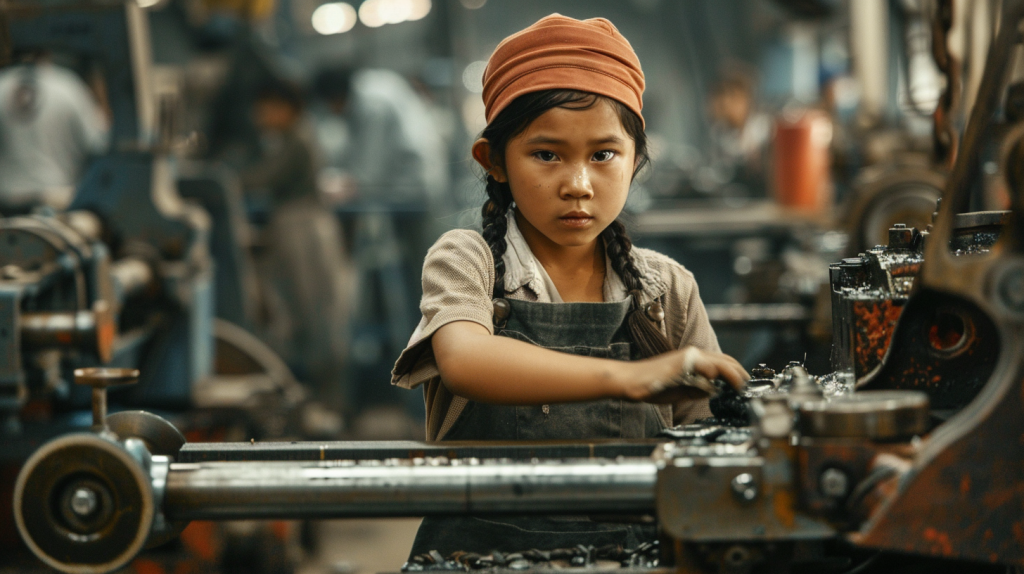
Children as young as five were employed in factories, working long hours under dangerous conditions. Today, child labor is heavily regulated, and employing children in such environments is illegal in most parts of the world.
Opium Use as a Household Medicine

Opium was commonly used in the 1800s to treat a variety of ailments, including coughs and diarrhea. It was sold in pharmacies and even given to children. Today, opium and its derivatives are controlled substances due to their high potential for addiction.
Dueling to Settle Disputes

Dueling was a common way for gentlemen to resolve conflicts, often resulting in serious injury or death. Today, dueling is illegal in most countries, and conflicts are expected to be settled through legal means.
Using Lead-Based Products

Lead was a common ingredient in everything from paint to cosmetics in the 1800s. Today, the use of lead in consumer products is strictly regulated due to its toxicity and long-term health risks.
Disposing of Waste in Rivers

It was common practice to dispose of household and industrial waste in rivers, leading to widespread pollution. Today, this is illegal, with strict regulations in place to protect water sources.
Selling Unsafe Food and Drugs

Before the establishment of food safety laws, it was common for vendors to sell food and drugs that were unsafe or mislabeled. Today, there are stringent regulations to ensure that what we consume is safe.
Public Executions
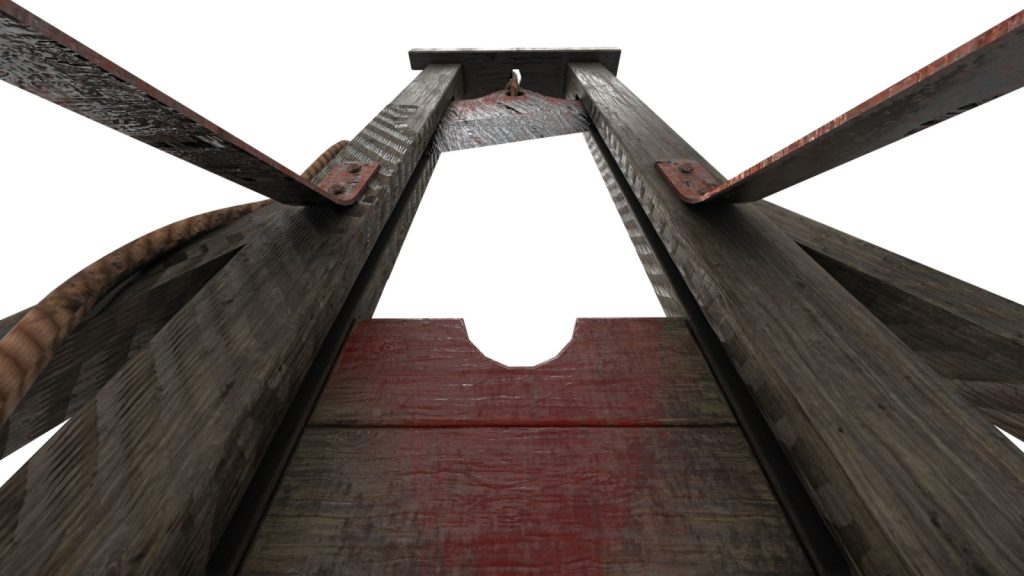
In the 1800s, executions were often public events, attended by large crowds. Today, public executions are illegal in most parts of the world, and the death penalty itself is a topic of much debate.
Forced Marriages
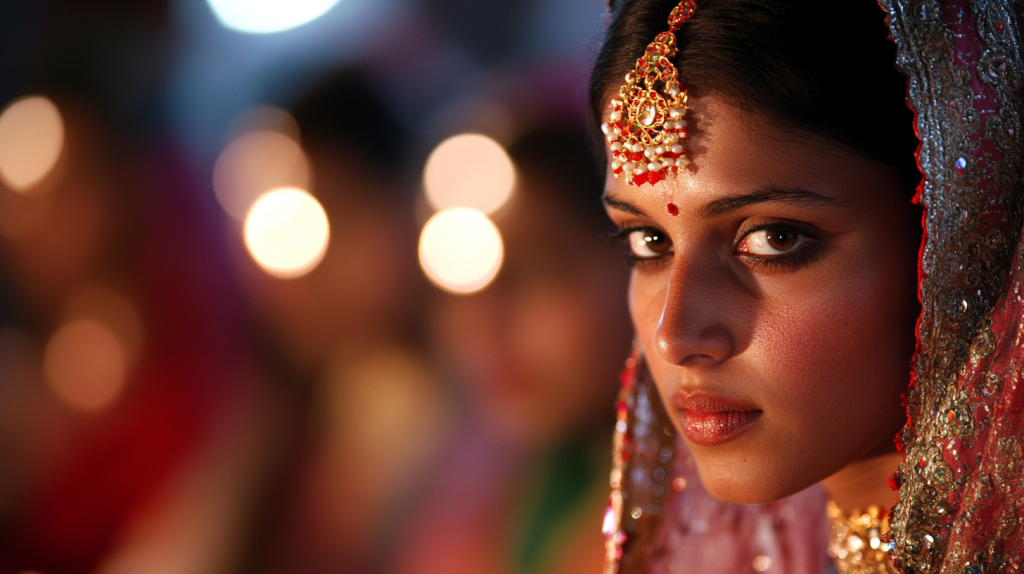
Arranged marriages were common, with little consideration for the consent of those involved, particularly women. Today, forced marriages are illegal and considered a violation of human rights.
Using Arsenic in Everyday Products

Arsenic was widely used in various products, including wallpaper, cosmetics, and even medicine. Today, arsenic is recognized as a poison, and its use is highly restricted.
Bear Baiting as Entertainment

Bear baiting, where bears were set upon by dogs for public entertainment, was a popular activity. Today, this is considered animal cruelty and is illegal in most countries.
Sending Children Down Mines

In the 1800s, it was common for children to work in dangerous jobs like coal mining. Today, such practices are illegal, with strict laws protecting children from hazardous work environments.
Dismissing Workers Without Just Cause

Workers could be fired on the spot without any reason or compensation. Today, labor laws protect employees from unfair dismissal and ensure they have rights in the workplace.
Public Flogging as Punishment

Flogging, or whipping, was a common form of punishment for crimes. Today, corporal punishment is illegal in many places, and such practices are considered inhumane.
Practicing Medicine Without a License

Many people in the 1800s practiced medicine without formal training or a license. Today, practicing medicine without proper credentials is illegal and considered a serious offense.
Selling Alcohol to Minors

There were few regulations on alcohol sales, and it was common for children to buy alcohol. Today, selling alcohol to minors is illegal, with strict penalties for those who do.
Using Explosives for Entertainment

Fireworks and other explosives were often used with little regard for safety. Today, the use of explosives is heavily regulated, and unauthorized use can result in severe legal consequences.
Hunting Endangered Species
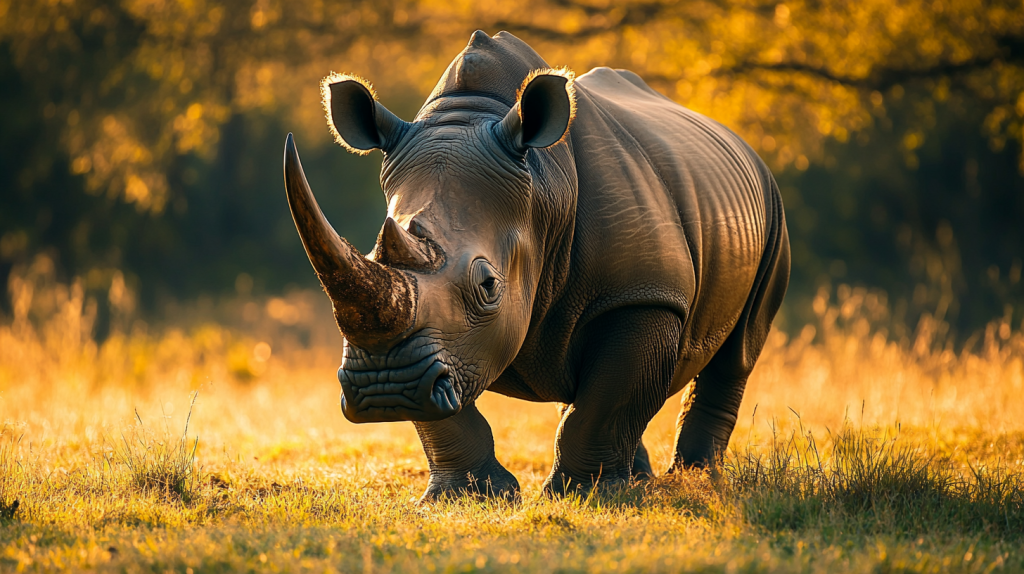
Many species that are now endangered or protected were commonly hunted for sport or trade. Today, hunting endangered species is illegal and considered a serious environmental crime.
Performing Surgery Without Anesthesia

Anesthesia was not widely used until the late 1800s, so surgeries were often performed with little or no pain relief. Today, performing surgery without anesthesia would be considered illegal and unethical.
Ignoring Fire Safety Regulations

Buildings in the 1800s often lacked fire safety measures like alarms, sprinklers, and fire escapes. Today, fire safety regulations are strictly enforced to protect lives.
Using Unsafe Construction Methods
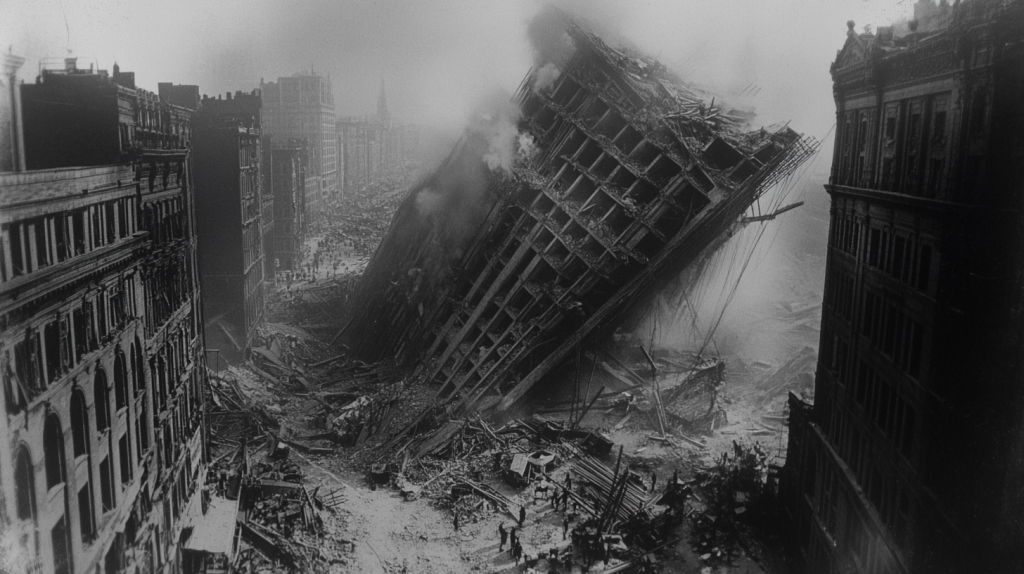
Buildings were often constructed with little regard for safety, leading to frequent collapses and accidents. Today, construction standards are enforced by law to ensure safety.
Animal Testing Without Regulations

In the 1800s, animals were used for testing with no regulations in place to protect them. Today, animal testing is regulated, with laws ensuring the humane treatment of animals.
17 Old Wives’ Tales That Are Actually True

Old wives’ tales have been passed down through generations, often dismissed as mere superstition. However, many of these age-old beliefs are rooted in truth. From health tips to weather predictions, these stories from the past can surprise us with their accuracy. Here are 17 old wives’ tales that are actually true.
Read More: 17 Old Wives’ Tales That Are Actually True
Ellen has been obsessed with logic puzzles, jigsaws, and cryptograms since she was a kid. After learning she was taught how to play chess wrong by a family friend (so they could win), she joined her school chess club and the rest is history.


